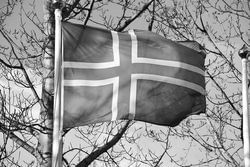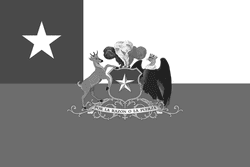.svg?bossToken=e43a21ffb0fae582e452bd42b473fa88f177da52975a74a7690094c26ea1b3fa)
Photo Attribution: Various, see File history below for details., Public domain, via Wikimedia Commons
The Nation of Venezuela
This example has been viewed 554x times
Summary
Rodden Rating
Analysis for The Nation of Venezuela
Biography
Venezuela,[a] officially the Bolivarian Republic of Venezuela,[b] is a country on the northern coast of South America, consisting of a continental landmass and many islands and islets in the Caribbean Sea. Venezuela comprises an area of 916,445 km2 (353,841 sq mi), and its population was estimated at 29 million in 2022.[13] The capital and largest urban agglomeration is the city of Caracas. The continental territory is bordered on the north by the Caribbean Sea and the Atlantic Ocean, on the west by Colombia, Brazil on the south, Trinidad and Tobago to the north-east and on the east by Guyana. Venezuela is a presidential republic consisting of 23 states, the Capital District and federal dependencies covering Venezuela's offshore islands. Venezuela is among the most urbanized countries in Latin America;[14][15] the vast majority of Venezuelans live in the cities of the north and in the capital.
The territory of Venezuela was colonized by Spain in 1522 amid resistance from Indigenous peoples. In 1811, it became one of the first Spanish-American territories to declare independence from the Spanish and to form part of the first federal Republic of Colombia (Gran Colombia). It separated as a full sovereign country in 1830. During the 19th century, Venezuela suffered political turmoil and autocracy, remaining dominated by regional military dictators until the mid-20th century. Since 1958, the country has had a series of democratic governments, as an exception where most of the region was ruled by military dictatorships, and the period was characterized by economic prosperity.
Economic shocks in the 1980s and 1990s led to major political crises and widespread social unrest, including the deadly Caracazo riots of 1989, two attempted coups in 1992, and the impeachment of a President for embezzlement of public funds charges in 1993. The collapse in confidence in the existing parties saw the 1998 Venezuelan presidential election, the catalyst for the Bolivarian Revolution, which began with a 1999 Constituent Assembly, where a new Constitution of Venezuela was imposed. The government's populist social welfare policies were bolstered by soaring oil prices,[16] temporarily increasing social spending,[17] and reducing economic inequality and poverty in the early years of the regime.[18] However, poverty began to rapidly increase in the 2010s.[19][20] The 2013 Venezuelan presidential election was widely disputed leading to widespread protest, which triggered another nationwide crisis that continues to this day.[21] Venezuela has experienced democratic backsliding, shifting into an authoritarian state.[22] It ranks low in international measurements of freedom of the press and civil liberties and has high levels of perceived corruption.[23] Venezuela is a developing country having the world's largest known oil reserves and has been one of the world's leading exporters of oil. Previously, the country was an underdeveloped exporter of agricultural commodities such as coffee and cocoa, but oil quickly came to dominate exports and government revenues. The excesses and poor policies of the incumbent government led to the collapse of Venezuela's entire economy.[24][25] The country struggles with record hyperinflation,[26][27] shortages of basic goods,[28] unemployment,[29] poverty,[30] disease, high child mortality, malnutrition, environmental issues, severe crime and corruption. These factors have precipitated the Venezuelan refugee crisis in which more than 7.7 million people had fled the country by June 2024.[31][32] By 2017, Venezuela was declared to be in default regarding debt payments by credit rating agencies.[33][34] The crisis in Venezuela has contributed to a rapidly deteriorating human rights situation.
Presidential election was held in Venezuela on 28 July 2024 to choose a president for a six-year term beginning on 10 January 2025.[35][36] Polls conducted before the election indicated that opposition candidate González would win by a wide margin. After the government-controlled National Electoral Council (CNE) announced partial results showing a narrow Maduro victory, most world leaders expressed skepticism of the claimed results and did not recognize the CNE claims. Both González and Maduro proclaimed themselves winners of the election. The results of the election were not recognized by the Carter Center and Organization of American States due to the lack of granular results, and disputed by the opposition, which claimed victory and released access to vote tallies collected by poll watchers from a majority of polling centers as proof. In the aftermath of the announcement of results by the election authorities, protests broke out across the country.
Source: https://en.wikipedia.org/wiki/Venezuela
Raw Data
Horoscope Data
Comments
Natal Data
1811-07-05 15:00:00 LMT
10° 28′ 50.1″ N 66° 54′ 13.0″ W
Caracas, Capital District, Venezuela
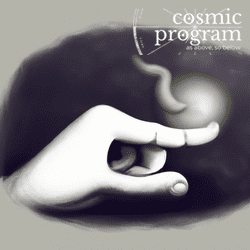




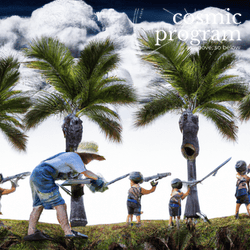




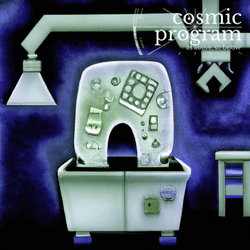


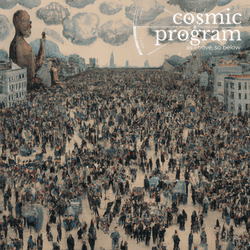

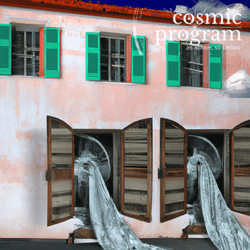
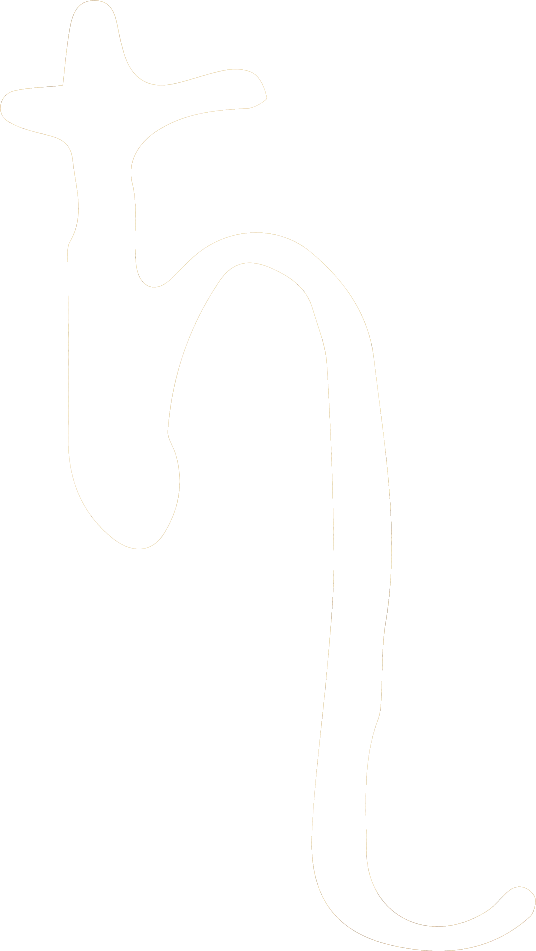

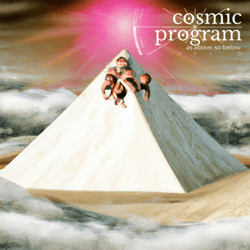



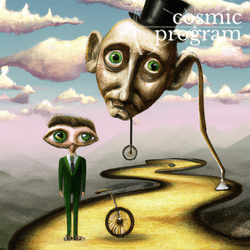


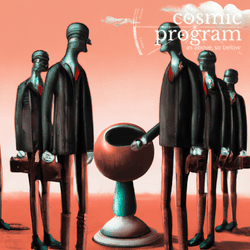
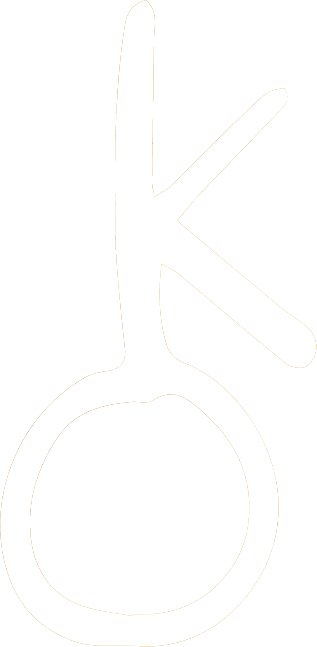







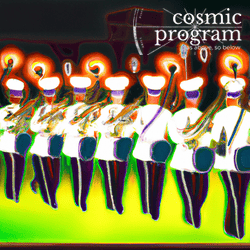




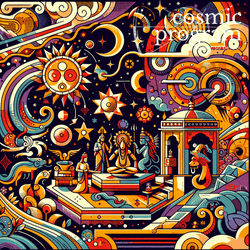
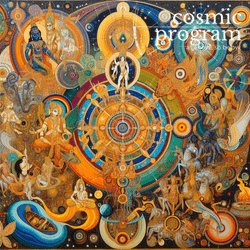
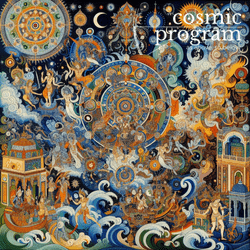

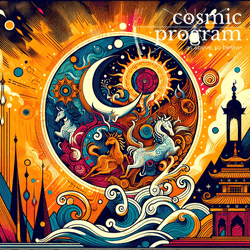
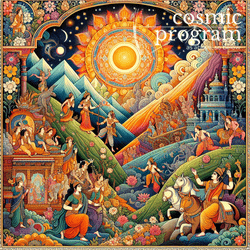
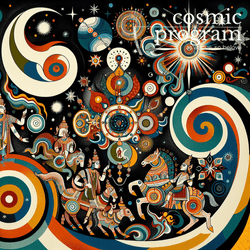
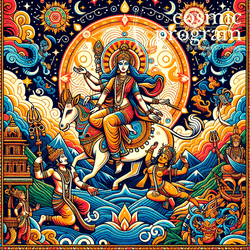

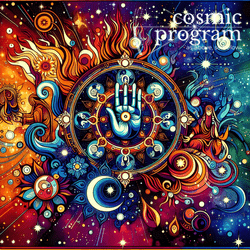
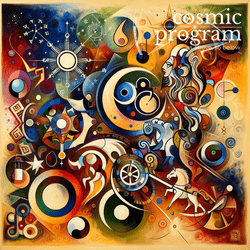
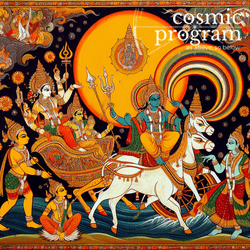
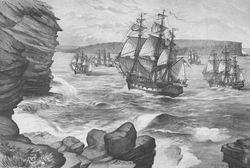
.svg.png?bossToken=440a1afd78608323f1460d73ddc58559ccf45a7415216a875a4bc055b02034f1)
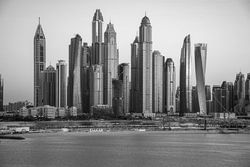
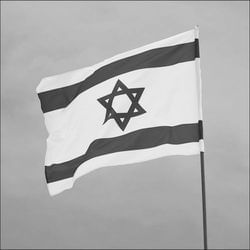
.svg.png?bossToken=2035c54101d7a9747533e6f88dc53239ac7b67ac9b8b2e144706860911e12e9d)
